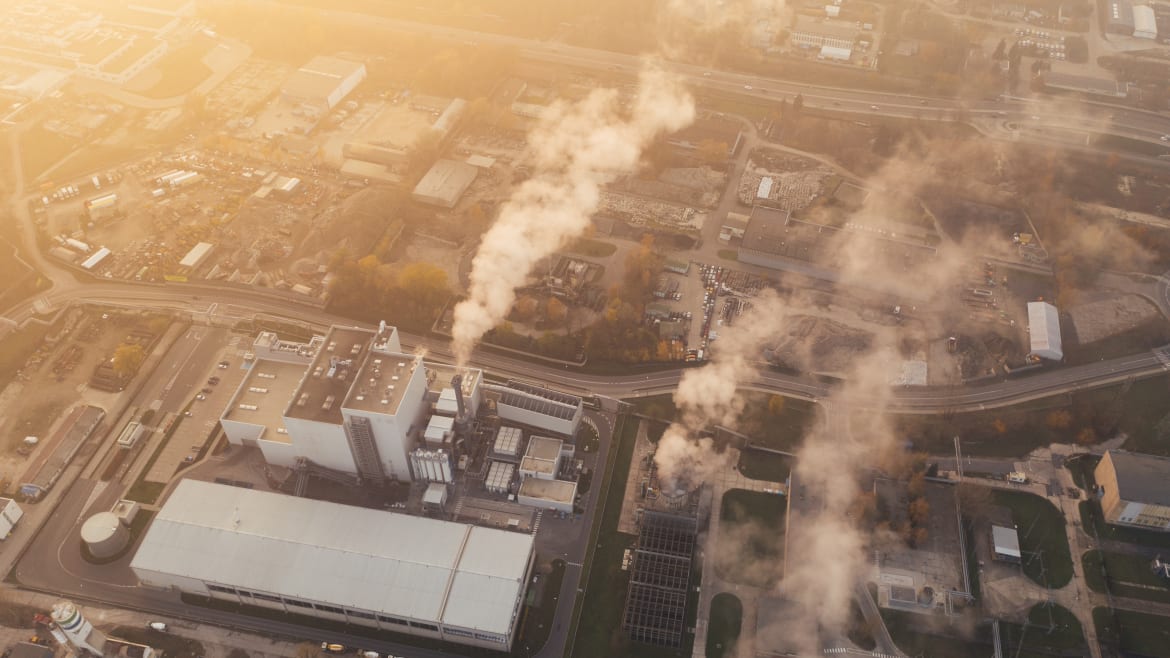Marcin Jozwiak via Unsplash
Last week’s report from the United Nations’ Intergovernmental Panel on Climate Change contained a dire warning: Radical action is needed to cut worldwide carbon emissions 60 percent by 2035 and avert the worst effects of a climate disaster. The report raised the stakes in the ongoing race to decarbonize the world’s industries, with technologies that can produce energy without releasing carbon dioxide or that can directly remove carbon dioxide from the atmosphere.
It’s clear that a solution to the climate crisis will necessitate combining existing strategies with future ones, including wind and solar energy production with carbon capture techniques. New research from chemical engineers at the Korea Advanced Institute of Science and Technology may result in us adding another tool to our decarbonization arsenal: a microscopic bacterium named Cupriavidus necator that can turn CO2 gas into a biodegradable plastic.
Their work, published on March 27 in the Proceedings of the National Academy of Sciences, shows that with the right setup and ingredients, C. necator can continuously produce a bioplastic from CO2 in the air. If the method is able to be scaled up, such a system could be a two-in-one solution, converting excess CO2 into a biodegradable plastic that obviates the need for energy-inefficiant plastic production.

